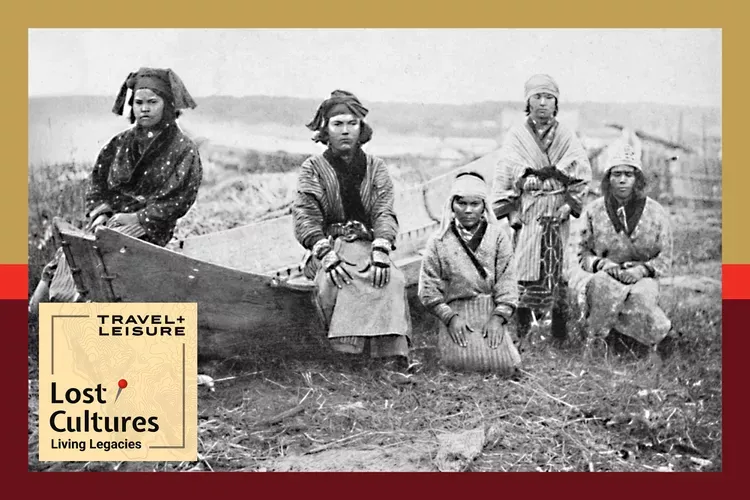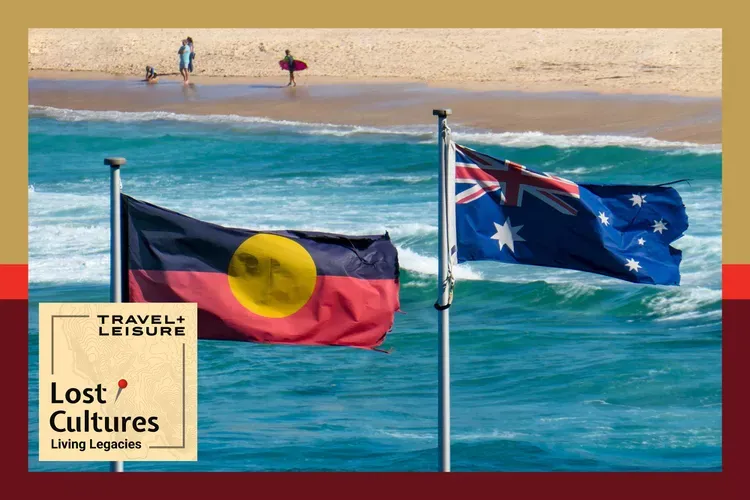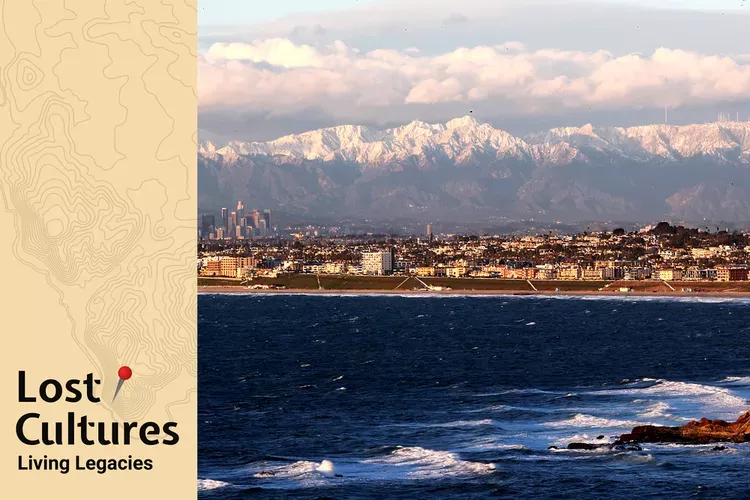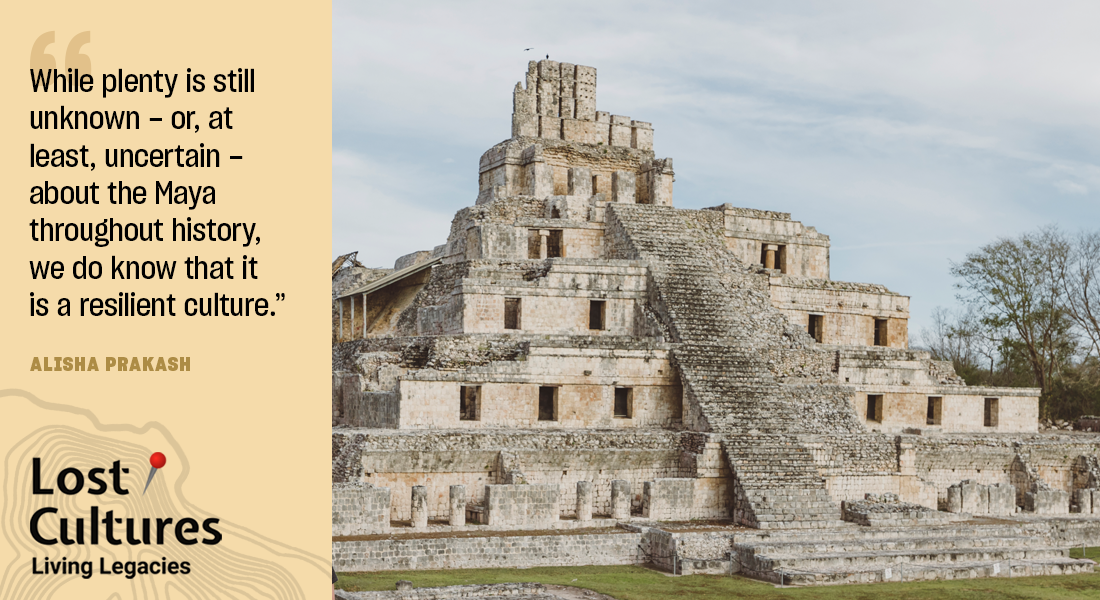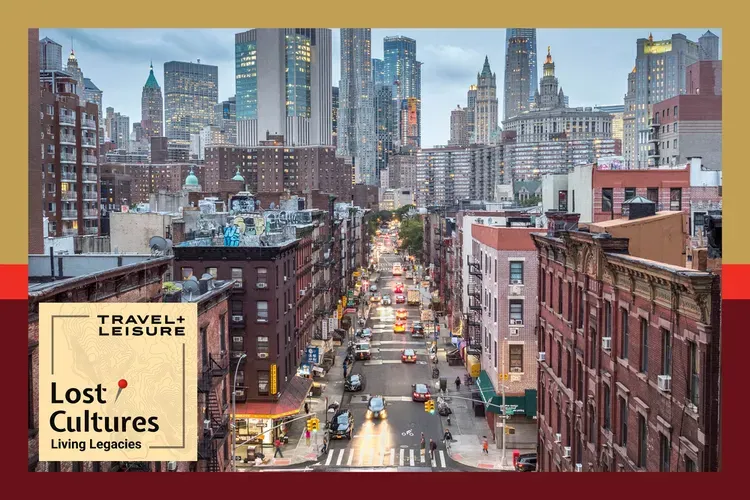Stereoactive Media founder/owner J. McVay has recently been working as Writer and Co-Producer of a podcast for Travel + Leisure magazine called Lost Cultures: Living Legacies that explores the history of various cultures that have, at one point in history, been at risk for being lost.
The third episode is out now and explores the Ainu culture of Hokkaido, Japan
The modern traveler’s vision of Japan typically consists of buzzing city streets in Tokyo, slow sips of sake in Kyoto, and trains so fast that they whiz by in the blink of an eye. But this is far too simplistic for a culture so rich in history. Japan’s culture is deep, complex, and sometimes complicated. That’s especially true for the Ainu people in the northern island of Hokkaido and the surrounding areas — an indigenous culture that predates even the idea of Japan itself. It’s a culture that’s faced great hostility. However, the people have fought back over the centuries to ensure their future generations would be heard.
"When I talk about the Ainu, especially my interest, after the Meiji Restoration, after the colonization board was established, I cannot really tell the story without having tears or getting too emotional because it's just so sad," Dr. Kinko Ito, a professor at the University of Arkansas at Little Rock with a Ph.D. in sociology, shares. "There is an image of the Ainu, like powerless people, but this is an interesting thing…In spite of all the exploitation and oppression and bad things happening to them, they survived, and then they also thrived."
Through thousands of years of forced assimilation, the Ainu still managed to preserve their culture, distinct language, and oral histories, which travelers can learn more about as well in dedicated museums and learning centers.
"I see the value in these institutions as slowly helping the Japanese government kind of come to terms with its colonial past. Hopefully, there will be a day in which Ainu and the word 'discrimination' don't often go together,” Dr. Kirsten Ziomek, an associate professor of history at Adelphi University with a PhD in Japanese history, says. "The goal isn't to erase the past, but the goal is to move forward to a place of acceptance of what was done in the past — that that was wrong, that how we treat people who are different from what we stereotypically think represents Japan is important, and that we recognize Japan has this complicated history. It has a diverse population...There are populations within Japan that are not as represented, and they suffer from discrimination or negative attitudes. And so, I think that the importance for these institutions is [to help] everyone be aware that Japanese history is complicated."
The 10-episode series is available anywhere you get podcasts, so subscribe now!

